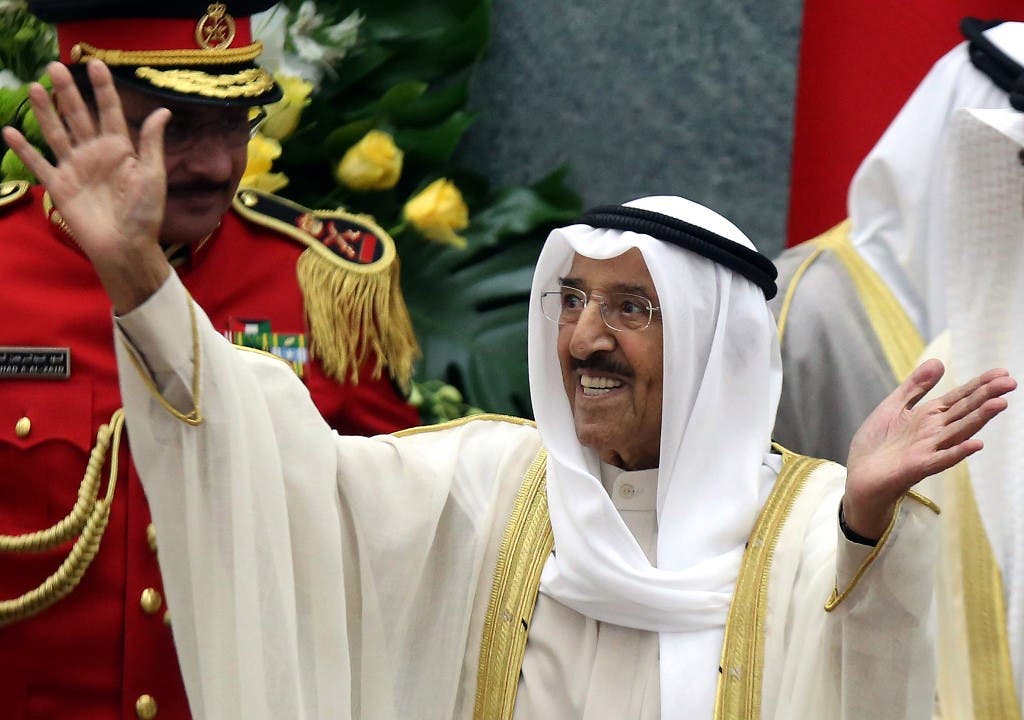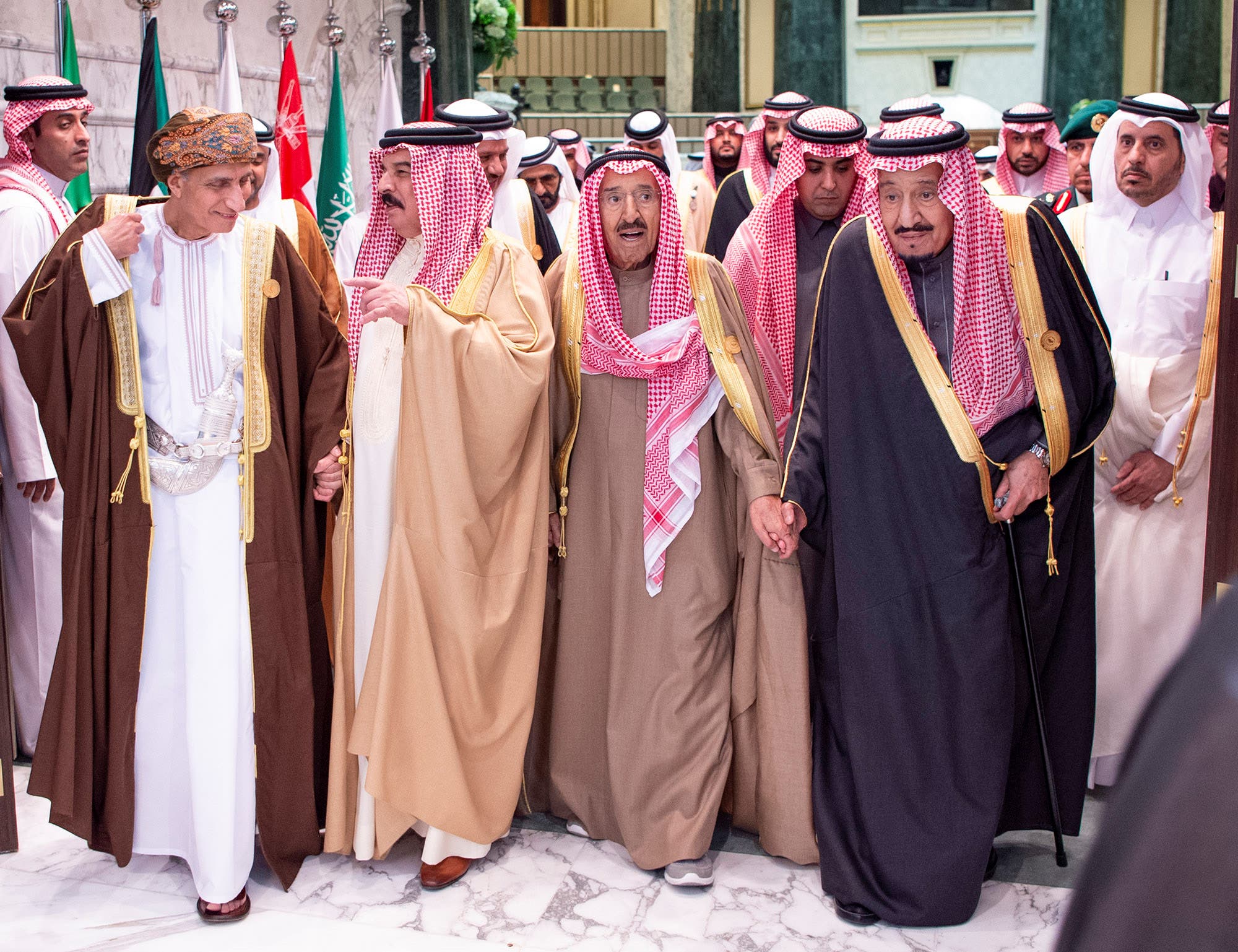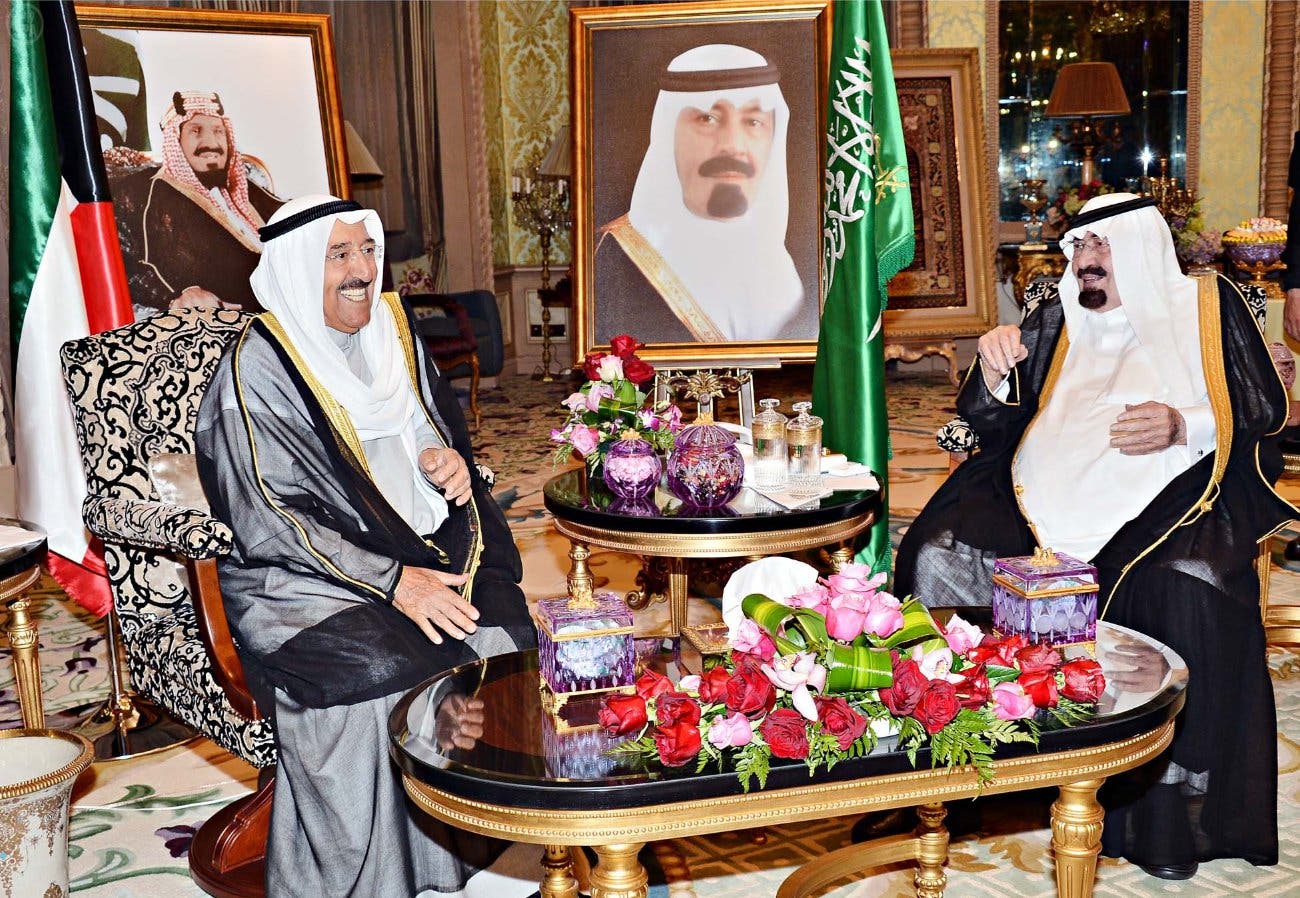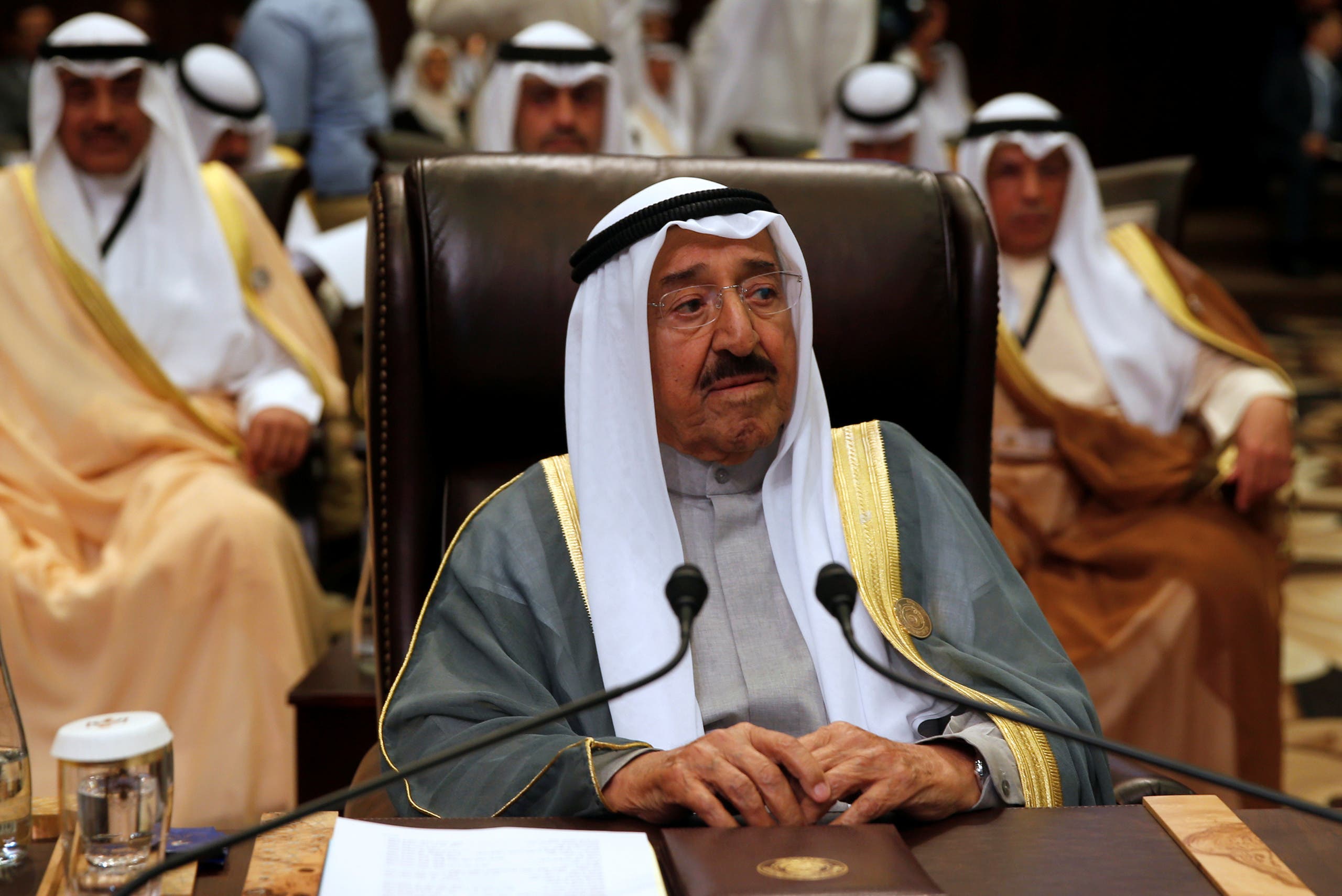‘Father of Humaneness’: Kuwait’s Emir dies at 91 leaving legacy of mediation, charity
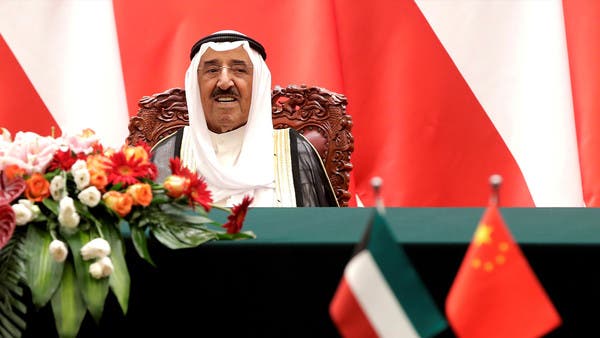
Kuwait’s Emir Sheikh Sabah al-Ahmad al-Jaber al-Sabah, known for his regional mediation and humanitarian efforts, died Tuesday at the age of 91.
He was sworn into the role of Kuwait’s leader in 2006 following the death of his half-brother Sheikh Jaber al-Sabah.
Sheikh Sabah leaves behind his legacy as a key mediator of regional disputes and a leading philanthropist in the Middle East and beyond.
The Emir “dominated Kuwait domestic politics and international relations for a generation,” according to former US Ambassador to Kuwait Douglas Silliman, calling the leader “pivotal.”
Accession to power
Born in Kuwait on June 16, 1929, Sheikh Sabah was the fourth son of Sheikh Ahmad al-Jaber al-Sabah. After receiving his primary education at the al-Mubarakiya School, he went on to complete his education under tutors.
Before his accession to power, Sheikh Sabah was Kuwait’s foreign minister from 1963 to 1991 and then again from 1992 to 2003, while also serving as Deputy Prime Minister.
As the foreign minister at the time of Iraq’s invasion of Kuwait, the Emir “became the face of Kuwait” to Americans and the international community, according to Ambassador Silliman.
“He was the one who helped put together the diplomatic push against Saddam Hussein and the occupation,” Silliman told Al Arabiya English.
He was sworn into power on January 29, 2006, following the death of Sheikh Jaber and the abdication of Sheikh Saad.
With 40 years of experience in international affairs, Sheikh Sabah quickly positioned Kuwait as a key mediator in several regional disputes.
When tensions began to rise between Qatar and the five other Gulf states in 2014, the Emir went on a regional tour to visit the countries involved to try to defuse the conflict.
After Saudi Arabia, the UAE, Bahrain, and Egypt officially severed diplomatic ties and trade links with Qatar in 2017, Sheikh Sabah continued to lead efforts to engineer a reconciliation.
When the Emir visited US President Donald Trump that same year, the president praised Sheikh Sabah’s contributions to achieve regional stability.
‘Father of humanity’
Sheikh Sabah, popularly called the “father of humanity,” has often been lauded for his humanitarian efforts around the world.
In 2014, then-UN Secretary-General Ban Ki-moon called the Emir “a great humanitarian leader.”
Former US President Jimmy Carter described the emir as a “global humanitarian leader,” and said that “other world leaders can learn from the wise example set by my friends, His Highness the Emir.”
During his reign, Kuwait became internationally renowned for its charitable efforts, particularly in war-torn countries like Syria and with global health initiatives like the World Health Organization (WHO).
In 2013, Kuwait donated over $100 million to support Syrian refugees around the Middle East.
In February 2020, Palestinian officials in Gaza named a road after the Emir for his continuous efforts to support the Palestinian people.
The initiative was a “message of gratitude and appreciation from the Palestinian people for the ongoing financial and diplomatic support of His Highness,” Gaza’s Municipal Minister told Kuwait News Agency.
Just a day after the deadly Beirut port explosion on August 4, Kuwait sent 36 tonnes of medicine, wheelchairs, baby milk, and blood collection bags to the Lebanese capital.
Succession
Sheikh Sabah has faced a number of health scares in recent years. Following his trip to the United States in July for medical treatment, he authorized his crown prince and half-brother Sheikh Nawaf al-Ahmad al-Sabah to take over some of his responsibilities.
Sheikh Nawaf was officially designated as the crown prince in February 2006.
He had previously served Kuwait for over 50 years under various positions.
From 1994 until 2003, Sheikh Nawaf was deputy chief of the Kuwaiti National Guard. That year, he was appointed the post of
Minister of Interior and as the first Deputy Prime Minister of Kuwait.
Kuwait has not yet officially announced the successor to the Emir following his death.
Source:english.alarabiya.net/en/News/

